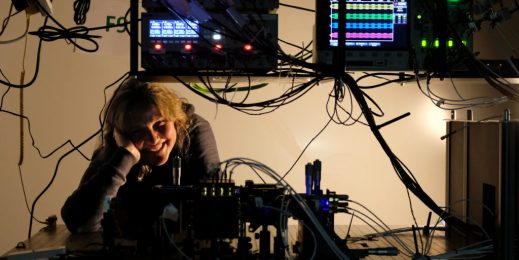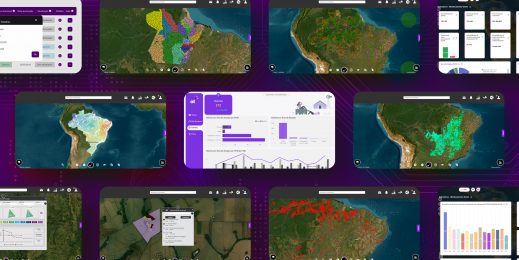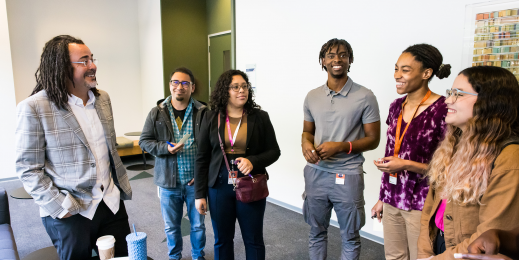
How will jobs be transformed with Data and Artificial Intelligence
Nowadays, artificial intelligence is increasingly more present in the different daily scenarios by the means of data, and it helps us predict events that will happen or even identify patterns. At the same time, this is causing workers to become more intelligent in these times of digital transformation.
Currently, we have assistants on our telephones that give us more personalized experiences in simple ways. What’s the fastest route to arrive to your destination? This is possible thanks to artificial intelligence. As more and better data feed the platform, we can obtain interactions that are more real and that change the way we do things.
An everyday example of how intelligent algorithms correlate data in order to plan events is the GPS navigator on our telephone. It receives information from the destination and analyzes the best route in real time, considering traffic, distance, and other vehicles’ driving speed. This allows us to arrive where we are going as efficiently as possible. In the productive world, these types of algorithms can prevent equipment failures and events that affect sales, or even detect opportunities; and in effect, they can create a more efficient and productive organization at a lower cost. Today, adding artificial intelligence in order to modify processes is simpler and more convenient than ever before.
Similarly, with the use of artificial intelligence, having more skillful tools can make people “more intelligent.” As such, jobs will not disappear, but rather they will be modified to involve work that requires more intelligence for optimizing resources and for discovering new business opportunities that have a positive impact.
For example, several years ago, there were people whose only job was to carry out mathematical calculations. Today, machines do this task, but now these human resources carry out intelligent and creative jobs that require skills computers do not have. In previous industrial revolutions, the same thing happened with disruptive technologies that transformed jobs, and with the Fourth Industrial Revolution we don’t see an exception.
Thirty years ago, it was common for there to be secretaries who organized agendas, gave reminders about pending matters, and prepared documents. Now, this job has evolved into those of project administrators, business developers, and new opportunity seekers. Another example is that of draftsmen and women who used to prepare architectural plans and engineering drawings. Today, this work is done by fewer people, and all they have to do is print them on a plotter and they’re ready to go. These jobs have evolved into project and costs specialists; today, they do more creative and attractive work that is better paid.
And since we’re speaking of creative work, we should also talk about how this talent, which is no longer carrying out mechanical tasks, can exploit niche markets with attractive ideas. Now, intelligence applied to processes and services adds value, and it also creates new perspectives that drive new areas of growth for businesses.
This is why organizations that are already on their way to digital transformation should drive a cultural change that includes training and educating their staff so they can take advantage of data and artificial intelligence to create faster, simpler, and more efficient processes. The idea is that these processes will not only have an impact on clients and processes, but that they will also allow collaborators to use their talents in a way that allows the organization to evolve. Without a doubt, it is about a new business paradigm.















